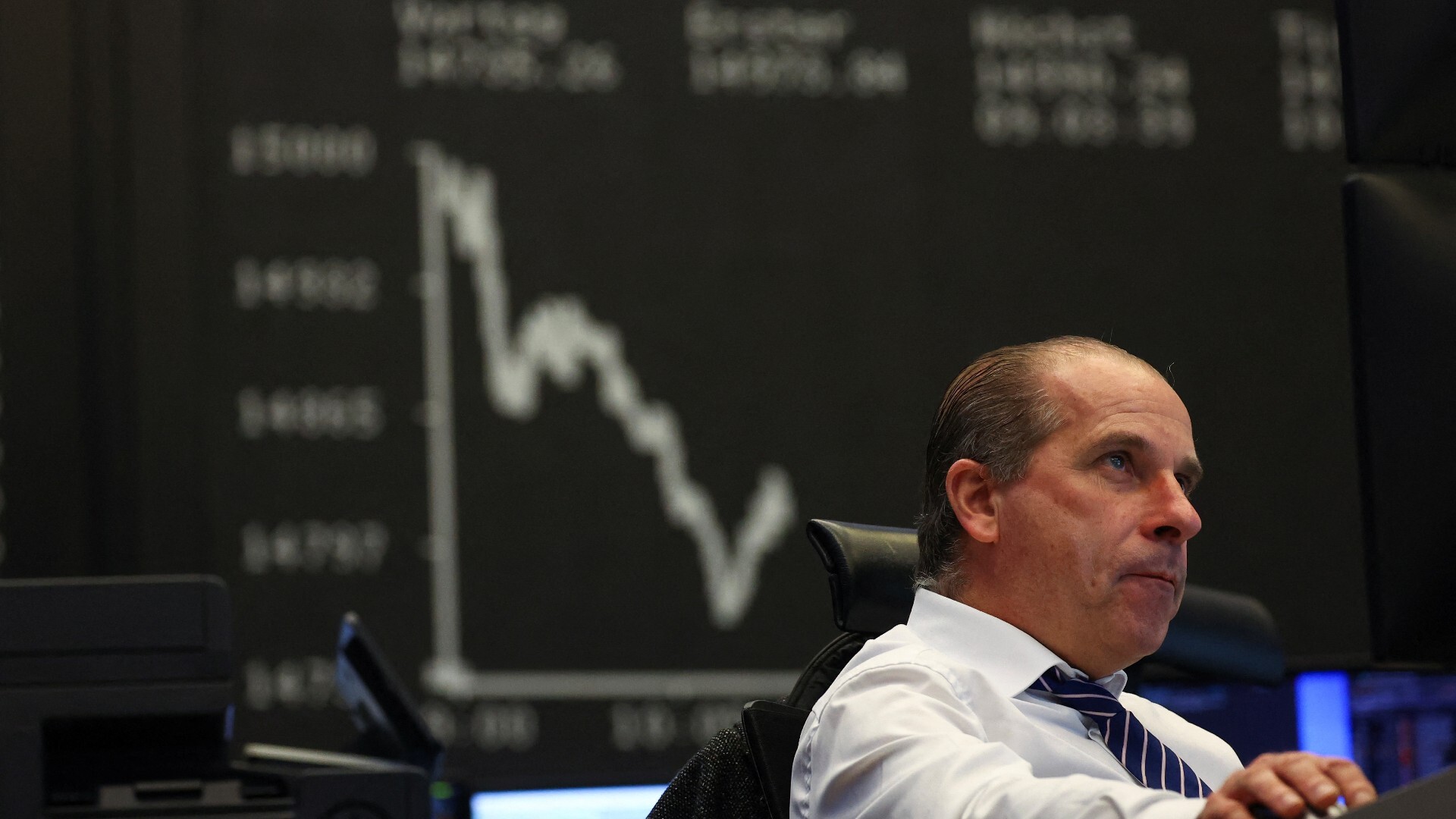After the announcement of Silicon Valley Bank’s bankruptcy, other banks have seen their shares fall significantly, which could lead to a lack of liquidity. In Globe Live Media we explain more
People may get nervous when there is talk of a possible economic recession, since, among the sorrows, it brings an important black cloud of unemployment. But there is also great anguish and nervousness when there is talk of bankruptcy or economic problems suffered by a financial institution. This is what has generated the collapse generated around Silicon Valley Bank.
The wake-up call has been for everyone. According to a Fortune investigation, several U.S. banks saw their shares stop trading because they were falling too fast. And according to analysts, a domino effect was already looming, following the case of Silicon Valley Bank, which recently announced its bankruptcy.
“Consumers need to separate falling stock prices and volatile trading from their actual deposits at the bank,” explained Mark Neuman, financial advisor and CIO at Constrained Capital, in an interview with Fortune.
“Your equity investments in these banks could be at risk. Deposits in banks up to $250,000 are not at risk as long as the bank is FDIC protected,” he added to Fortune.
The reality is that most U.S. banks are insured in case they go into receivership. Only the FDIC (Federal Deposit Insurance Corporation) generally insures the amount of $25,000 per bank account. In the case of Sillicon Valley Bank, the Federal Reserve itself has pledged to cover uninsured deposits to prevent a major financial collapse.
“In the end, if you have your money at SVB and it’s $250,000 or less, you’ll be fine. it’s insured. if you have more than that in there, they’ll probably protect it anyway,” added Neuman, in an interview with Fortune.
What other banks are in trouble?
According to an investigation by Fortune, other banks that are in financial distress include:
-Bank of the First Republic’s: Its shares plunged 75% just this week. The previous week they had plunged 35%. The financing brings the bank’s unused liquidity to $70 billion.
-ComericaBank: a Dallas, Texas-based financial institution saw its shares fall 30% this week.
-KeyCorp, which operates KeyBank, experienced an equally steep drop, which was 28%.
-First Horizon saw its shares fall just this week by 20%.
Faced with the behaviors, First Republic Bank founder Jim Berbert and CEO Mike Roffler said the bank’s liquidity positions are “very strong and its capital remains well above the regulatory threshold for well-capitalized banks.”

